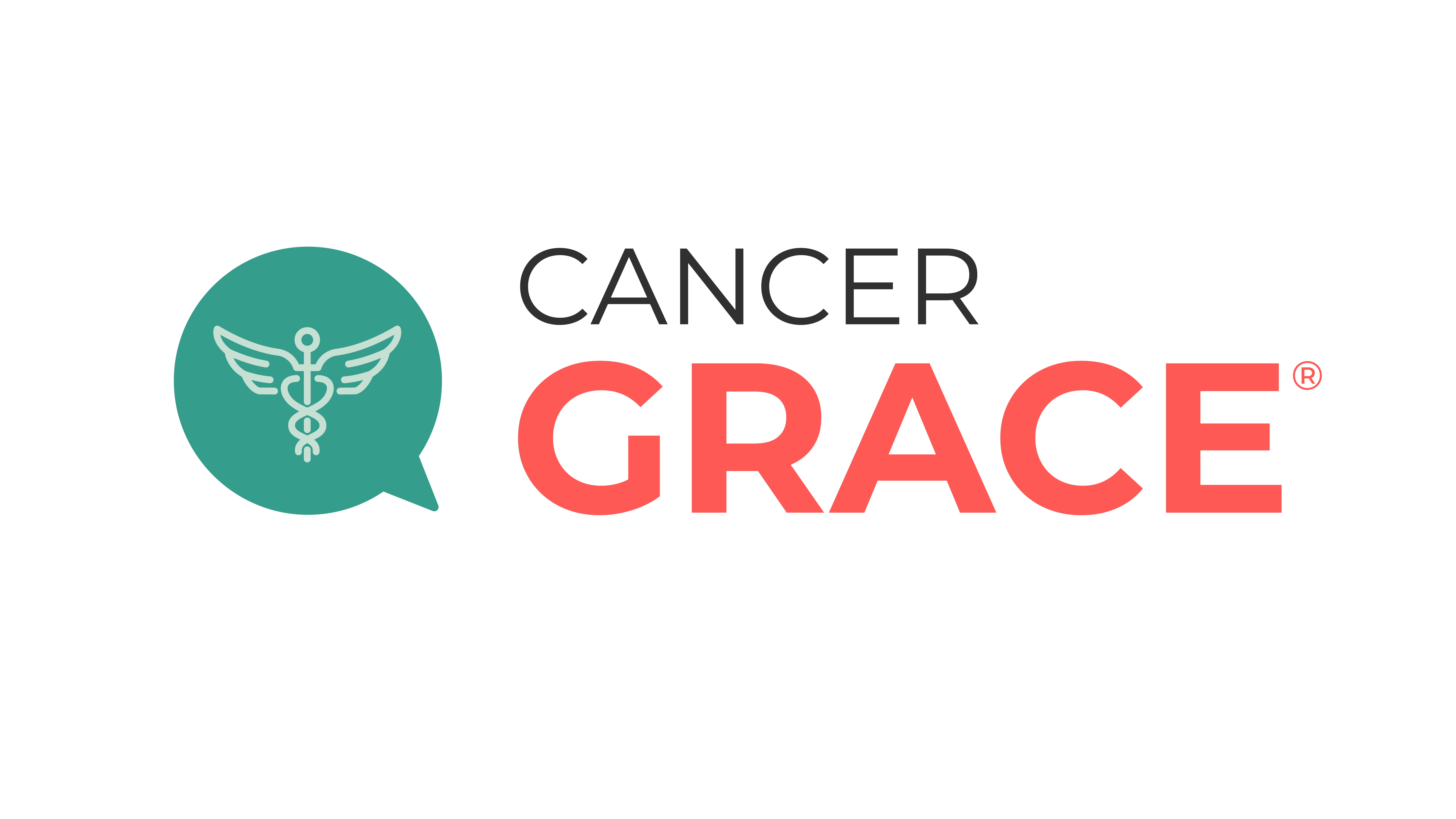The following content is offered by the moderators and is adapted from text that appears in several different posts and discussion threads on this topic.
PET stands for “positron emission tomography”, and a PET scan is a procedure designed to identify abnormal cellular activity that might indicate cancer. A prominent use for the PET scan (or combination PET/CT) is in achieving accurate staging of cancer.
In a PET scan, the patient is injected with a glucose-based tracer substance: think of it as a “hot sugar” . The PET scan picks up where this sugar localizes in the body. The idea in use for oncology is that the cancer cells, because they’re very active, eat up more sugar than non-cancerous cells and so the cancer cells will collect this tracer and will appear brighter on the scan than normal tissue.
PET scan results are reported in “SUV” units, in which SUV stands for “standardized uptake value”. The SUV is just a measure that indicates how bright the tissue is on the scan; that is, how much cellular activity is occurring in that area. This activity can represent various things, from inflammation to infection to cancer. There is no threshold SUV number that distinguishes cancer from inflammation or infection, but higher numbers (especially in the high single digits or more) are most suggestive of cancer.
PET scans are very sensitive (finding abnormality when one exists), but not perfectly specific, meaning that they can be positive for things other than cancer. In reviewing the PET scan, medical personnel look for the shape and location of the abnormal activity as well as the SUV number.
Most cancer types (e.g., lung, breast, colon) show up well on PET scans. Certain cancers (e.g., renal cell) are not seen as well with the PET scan. Some areas of the body (e.g., heart, brain, sometimes the bowels) normally have a significant glucose uptake/metabolic activity anyway, soincreased SUV numbers in those areas are of less concern than high activity in other areas. Given this activity, other types of scans (e.g., MRIs) might be more useful than PET scans for imaging certain tumors (e.g., brain tumors).
Some studies have supported a correlation of cancers with higher uptake (maximum SUV) being associated with a more aggressive clinical behavior, or conversely, low PET uptake with a more indolent clinical behavior of the cancer. In addition, though PET scans are not a standard imaging test for assessing response to therapy (compared with the far more established CT scan), some research suggests that PET scans may provide early feedback about the clinical benefit of lack of benefit from a systemic therapy. However, PET scans also tend to pick up inflammation in the area of recent prior surgery or radiation and are therefore well known to be very difficult to interpret in that setting.
For further discussion, please visit:
Overview of PET scans in oncology
Interview with David Djang, MD On PET Scan in Oncology: Principles and Practice
PET scans to predict response to chemotherapy
PET scans to predict response to EGFR inhibitor therapy
Case discussion of the difficulty of assessing response by imaging after chemo/radiation, especially with PET








A Brief Tornado. I love the analogy Dr. Antonoff gave us to describe her presentation. I felt it earlier too and am looking forward to going back for deeper dive.